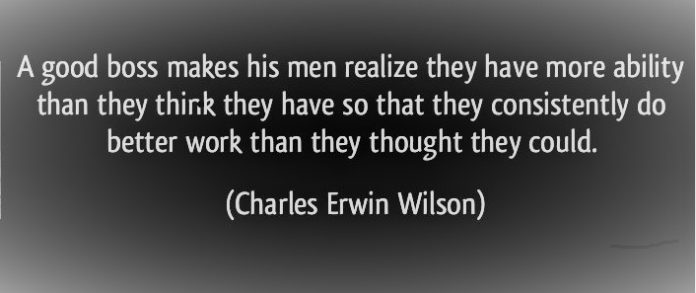Is favoritism common with bosses:-
Let’s start this article by understanding what favoritism is. Favoritism is the practiceof giving unfair preferential treatment to a person or a group of people at the expense of other people. Simply put, it is when a person who has power chooses Person A over Person B due to various reasons like similar interests, friendship outside the organisation. Person B will be choses over Person A even though A is better than B.Nepotism is another form of favoritism. Nepotism is when a person is more favorable to his family members. For example, when an employer continuously assigns projects to one person even though the other person is better. It is favoritism even when one employee is given a promotion instead of another employee who had more experience. It’s always fun to be the boss’s favorite. But imagine what your co-workers would go through. When you are buddy-buddy with your boss and when the same boss is not-so-friendly with his other employees, it will often lead to agitation in the work environment. Favoritism and nepotism has always had negative effects on people or the organisation, such as:-
1) Lower moral values in the organisation -The moment your employees realise that you’re being unfair, they will not feel free to work for you. Questions like “why was HE given a promotion/project instead of me?” will be raised. This will result in jealously and reduces the moral values in the organisation.
2) Leads to annoyance or irritation –The employee will be annoyed with the manager as well as the employee who is favoured, who may not work hard or who is not at all deserving.
3) Abandonment –When the employee’s thresholds are crossed, the organisation will have to face the risk of losing a valuable and skilled employee. The employee will find it very hard to work in such an environment and will be more than happy to put down his papers.
4) Overlooked potential – The manager will be overlooking a lot of potential candidates/employees when he favours an employee or a group of employees. He will not be able to find out the abilities and the capabilities of another employee.
5) Handicaps development – When an employee who does not possess enough experience is pushed further continuously, it will affect the growth of the organisation. He may not be able to take quick decisions or solve problems like the other employee you rejected just because you favoured “the other guy”.

























